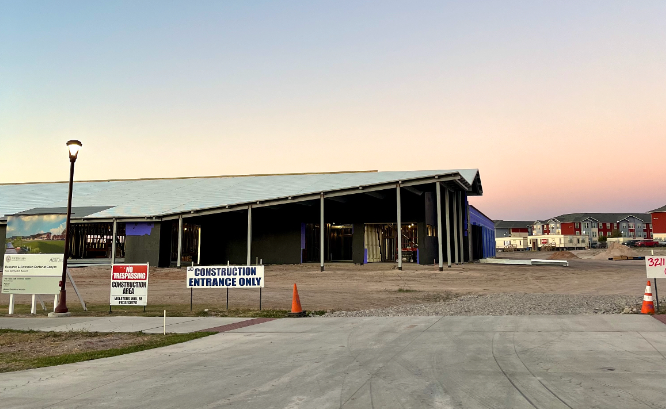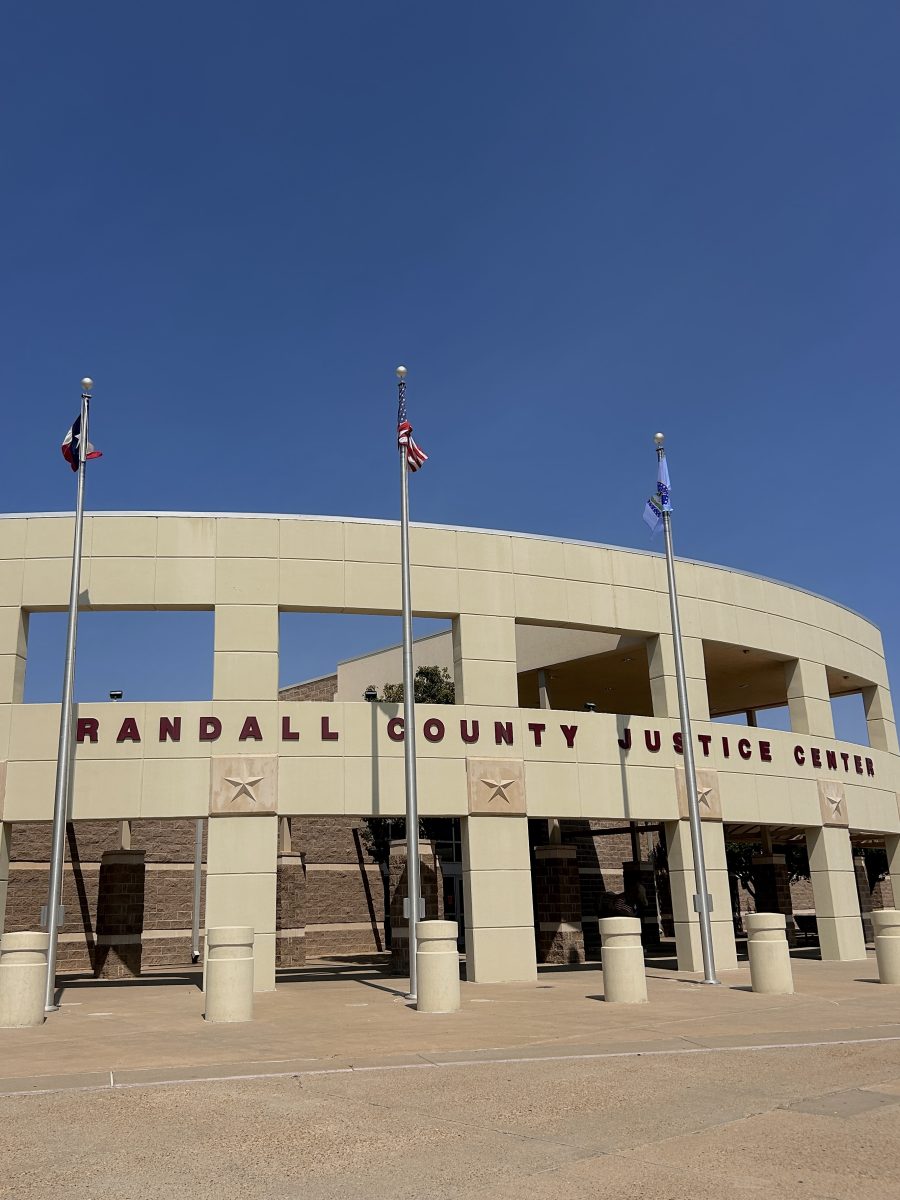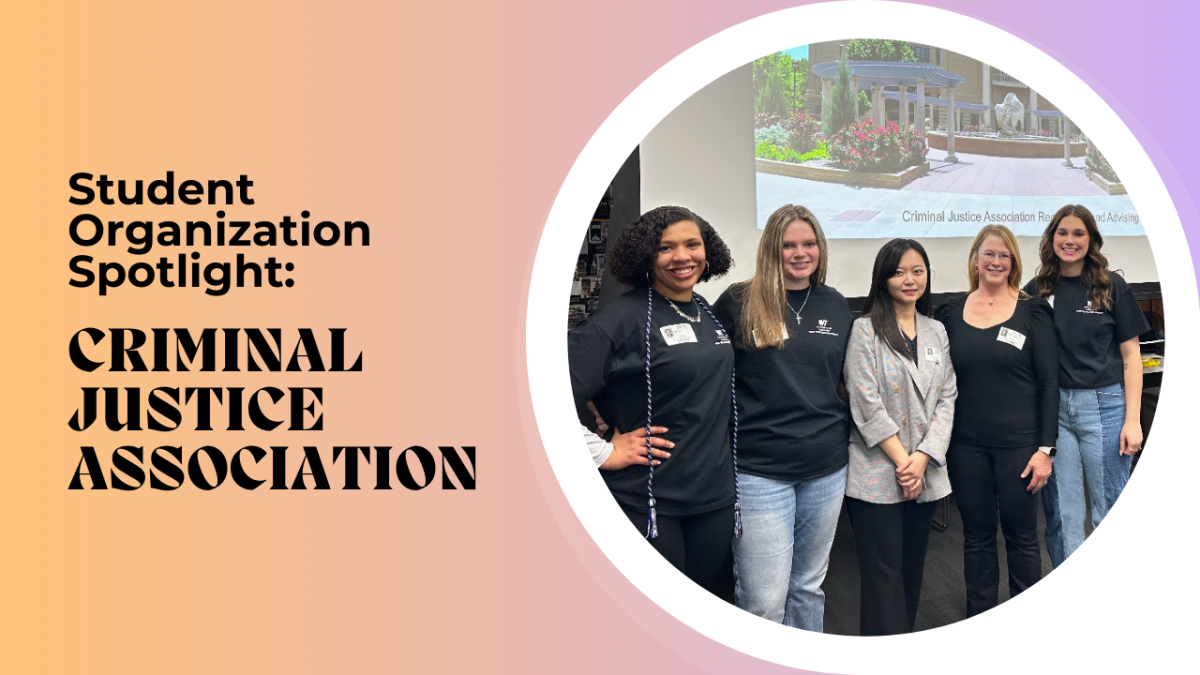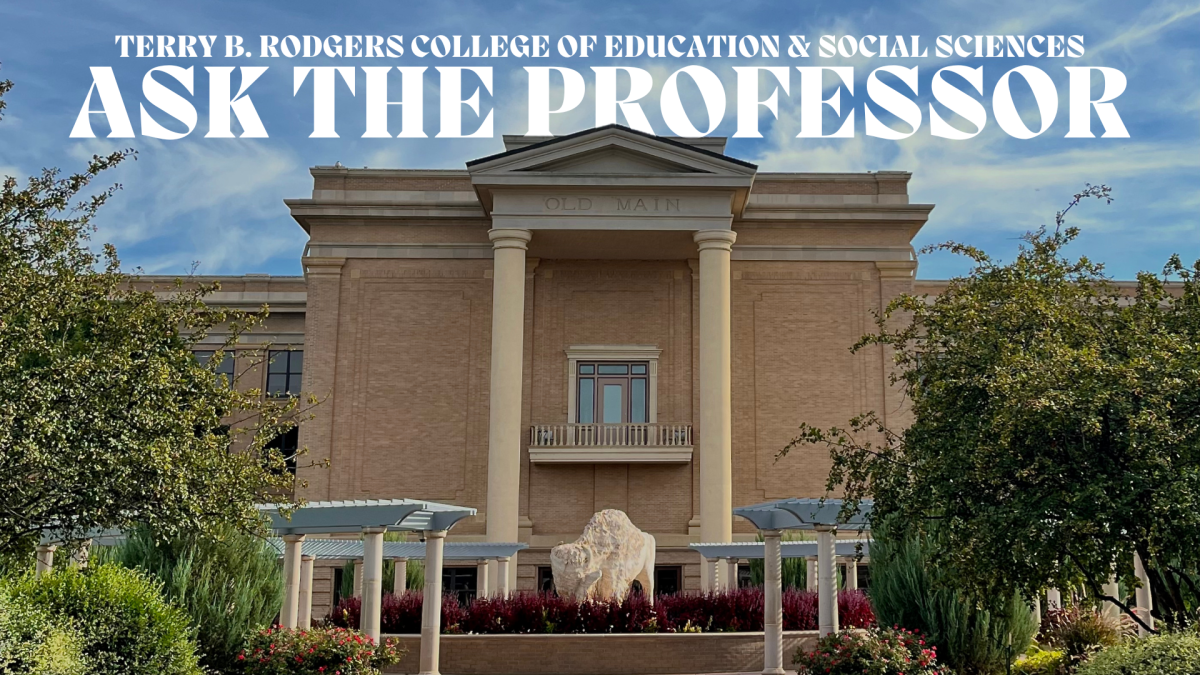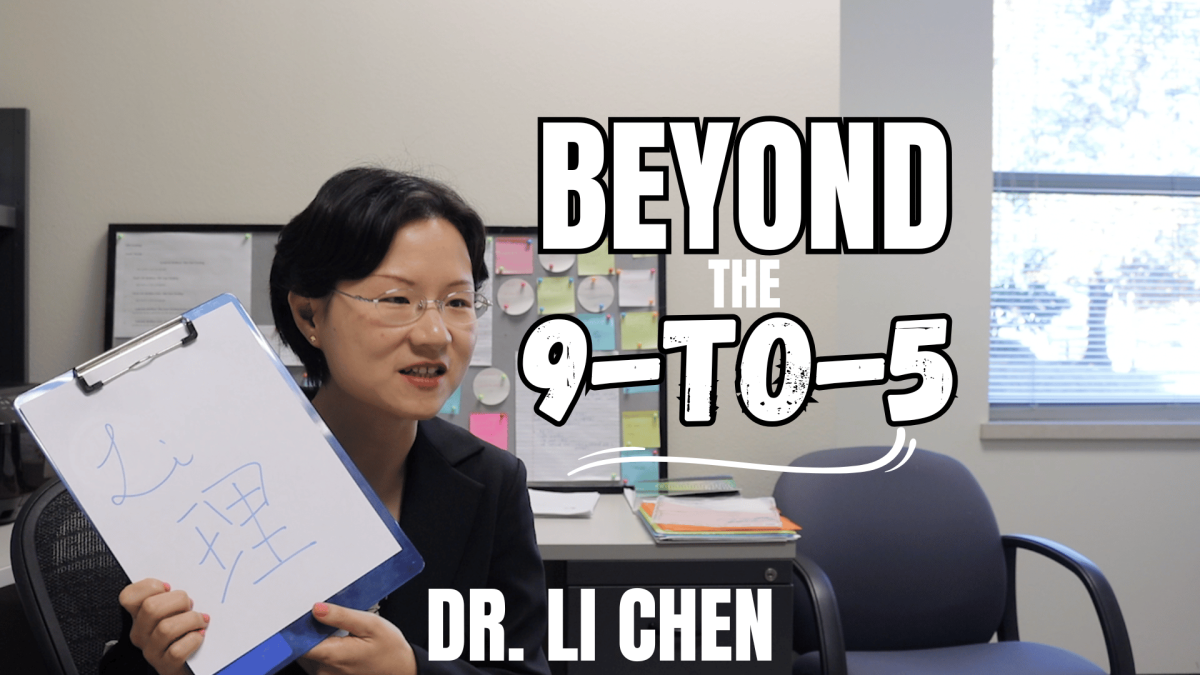
Bringing with them an affluence of culture, ideas and diversity, approximately 200 refugees are being relocated to Amarillo annually through the Catholic Family Services Resettlement Division. CFS is a nonprofit organization who, according to the official CFS website, are dedicated to meeting the needs of newly arriving and secondarily migrating refugees in Amarillo and Dumas. This number has been reduced from previous years’ goals of 400 refugees annually.
According to CFS Refugee Resettlement Services Supervisor Claudia Soriano, this decision was made to ensure CFS is providing refugee’s needs to the fullest and she believes that by reducing the numbers, CFS has been able to better serve their clients. Because of the needs of the community, refugees are currently being accepted on the basis of family reunification.
“We don’t just want to bring over numbers,” Soriano said. “We want to reunite families.”
Upon arrival into the refugee’s new lives and geographic relocation, CFS strides to serve their clients in many ways, ranging from greetings at the airport to assisting new refugee’s in setting up health screenings and job interviews. Job developers work closely with CFS’s clients to ensure they find work.
“Most (refugees) prefer to work in the beef processing industry because it’s a well-paying job that they know they can support their families on,” Soriano said. “But we’re trying to move away from that. (CFS) is working toward educating our clients that there are more opportunities out there, and we’re seeking out more employers to hire our clients. Not everyone has the strength or ability to work at a beef processing plant, so we’re educating them and trying to remove that English barrier so they have more opportunities.”
Removing the English barrier and assisting refugees in learning the language, according to Soriano, is one of the main goals CFS focuses on in the resettlement program.
“Adjustment to English is a big barrier for our clients,” Soriano said. “We strive to get our clients enrolled in ESL classes because not only does it affect (refugees) personal lives, but having to adapt to the school system, not knowing the language is a major problem.”
One of the reasons behind the reduction of accepted refugees into the Amarillo area was the struggle for the school system to maintain acceptable student performance levels and to adequately serve and teach newly resettled children.
According to Panhandle Twenty/20 Executive Director and school board member Anette Carlisle, Amarillo Independent School District is currently working with somewhere close to 30 plus languages simultaneously. The children in AISD are 14 percent ESL, half Spanish speakers and the other half a variety of dialects and languages from refugee families. Carlisle considers the languages to be a challenge and she expressed frustrations with the current state-mandated accountability systems.
“(AISD) needs to educate all of our kids,” Carlisle said. “But these kids are expected to pass (standardized tests) after a year of being in their new country. I couldn’t do that if you put me in a new country where I was just learning the language. Students can be successful, but doing what is right for the students and doing what is right for the accountability system are not the same thing.”
The Amarillo Globe-News reported on Sept. 6 that more than half of the students who attend Eastridge Elementary don’t speak English as a first language. 250 of these students are refugees relocated by CFS and still adapting in the resettlement process, but language is only one of many struggles, among them emotional and physical, that newly resettled children are facing daily.
“Refugees are coming over (to America) having so much to deal with,” Carlisle said. “Some of the stories these kids have about seeing family members die are heartbreaking.”
Despite the challenges, Carlisle said she supports the work organizations, such as CFS, who are doing what they can to reunify family members.
“I support bringing families from horrific conditions. As a community, we need to figure out how to take advantage of the wealth of diversity we now have in our community instead of fearing it,” Carlisle said.
These horrific conditions refugees flee from, according to Soriano, are what defines them as eligible for acceptance to the United States.
“Families come to the United States because of a well-rooted fear of persecution, whether it be racial, religious or political,” Soriano said.
Sisay Zewde, father to senior Mass Communications and Sports and Exercise Science double major Daniel Zewde, fled from his native country of Ethiopia to the Untied States in 1988 under such conditions as a political refugee.
“Dad was a guerilla fighter in Ethiopia,” Zewde said. “He was trying to overthrow the government while he was there. They were chasing after him so he had to get to Sudan and then he came to America.”
According to Zewde, Sisay was reunited with Daniel’s mother Lemlem in 1989 when she was able to join her husband in the United States. Both Sisay and Lemlem were resettled in the U.S. through CFS.
“We started off on the terrible side of town,” Zewde said. “My mom’s first job – she got paid $2.75 an hour. One of them would work the daytime and one would work the nighttime. It was mostly because of me [that] they got acclimated (to the community) a little bit faster; they had to take me to the doctor, had to take me to the store to get me food, since I was a baby.”
Zewde said his parents reached what he considered full proficiency in English by 2005, when he was about 15-years-old. Sisay has maintained his relationship with CFS and now even helps the organization translate when communicating with new refugees, having achieved proficiency in 5 languages.
Stories such as that of the Zewde family, who became fully assimilated into the community, are those that CFS, in conjunction with assistance from other area agencies and coöperation from the school system, strive for.
“(CFS’ work) is really important,” Carlisle said. “America is supposed to be open to the tired and poor and we shouldn’t change that. The immigration issue is important on a number of levels. Yes, it imposes challenges, but it enriches our community by bringing diverse individuals.”




